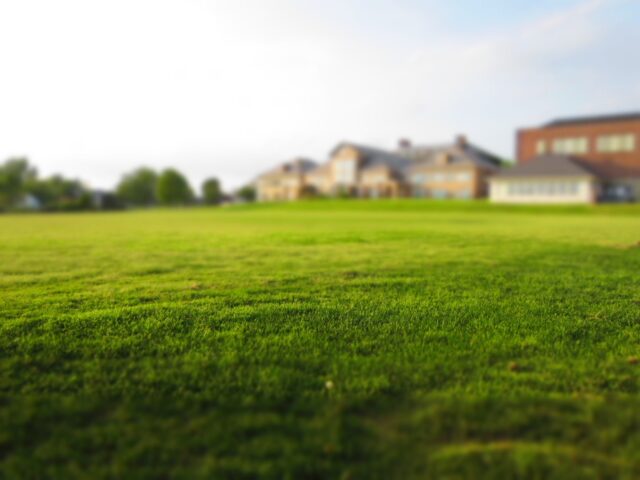
Choosing the right block of land is the first step in creating your dream home. The block that’s right for you will depend on the type of home you want to build, how you want to live, and several financial and legal factors. By doing your research and getting good advice, you can avoid the traps and move one step closer to living the great Aussie dream.
Here are nine questions to ask before you buy:
The first question is: how much can you afford to spend? Working this out early will save you time looking at blocks or suburbs that are outside your price range, and will ensure you don’t get yourself into financial trouble.
Remember to factor the cost of building your dream home into your overall budget – there’s no use getting the perfect block if you can’t afford to build on it.
Another key consideration when buying a block of land is your lifestyle goals, which will determine where your ideal block will be.
Do you want to be close to the city and/or work, or are you chasing a treechange or seachange? Do you want to be near grandparents, friends and / or current schools? Are you wanting hustle and bustle, or do you crave a quiet place to raise a family? Or is your priority to build an investment asset that appreciates over time?
If your block is close to amenities like shops, schools, hospitals, parks and public transport, it will be much more liveable (and valuable) to you, and to any prospective buyers or renters in the future.
The dimensions of your block will determine the type of house you’re able to build. Buying a larger block gives you more choices of houses that will fit on the block.
Any reputable builder will offer a wide choice of house designs, so you’re sure to find one that fits most blocks. But if you already have a dream house design in mind, make sure it will fit on the block before you buy.
If you have a smaller block of land, you might consider a three-bedroom townhouse.
However, if you want a large family home with a spare bedroom, media room, study and an outdoor living space, you’ll need a bigger block.
4. What are the legal considerations?
There are a number of legal considerations to be aware of before you buy a block. If you intend to build on the land, you’ll first need local council approval. Also, many blocks have covenants that restrict the type of buildings that can be built on the land.
If your block is in a bushfire or flood zone, it can have huge implications for the type of property you can build, the materials you can use, and the overall cost of your build. It may also impact your ability to obtain finance. Check with the local city council to determine bushfire and flood risk.
Check that your block has utility services available, such as power, gas, internet, water and sewage. If they aren’t already in place, determine the costs you’ll incur to get them installed.
The orientation of your block – that is, the direction it faces – can greatly affect your heating and cooling costs.
If environmental sustainability is important, and you want to build an energy-efficient home to reduce your carbon footprint (and your energy bills!), it pays to consider the orientation of any block you’re considering. A northern orientation will ensure the house gets enough natural light and warmth during winter, while also protecting you from excessive heat in summer. Otherwise, seek out a home design tailored to your block’s orientation so you can achieve your heating and cooling goals.
If the block is steep, or there are trees, rocks or existing structures that need to be removed, you’ll incur more site costs in order to get the land level and ready to build on.
If this is the case, you may need to factor in additional costs such as site preparation, demolition, council fees and traffic management costs.
Get the soil tested to ensure it is safe and stable for building. Poor soil can blow out your budget due to the increased costs of building a sturdy foundation.
Get the right advice
Speak to a friendly Fairhaven Homes consultant to discuss the options available for different block sizes, so you can find the perfect block to build your dream home: www.fairhavenhomes.com.au / info@fairhavenhomes.com.au / 1300 324 742
Make your home journey a reality with Fairhaven Homes.
Book a consultation with one of our New Home Consultants or call us on: